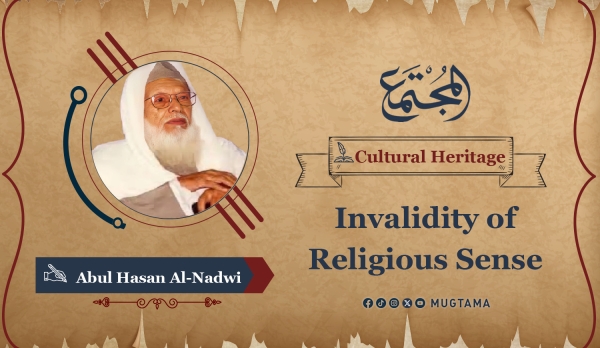What is the ultimate purpose of this world, and what is its final destiny? Is there another life after this one? And if so, what is its nature? Are there guidelines and instructions in this worldly life for the afterlife? From what source are these instructions derived? What are the paths and principles that, if followed, would lead a person to a satisfactory and fulfilling afterlife? And what is the source of these paths? What is the ideal way to attain eternal bliss and uninterrupted joy after death? And from where can this path be learned?
These are questions that the Eastern man has inherited from generation to generation, questions that have occupied his mind and troubled his thoughts for centuries. He has never been able to ignore or forget them, even in his moments of leisure and pleasure. These questions have been the driving force of his soul and the call of his conscience; he could neither turn a deaf ear to them nor disregard them. Rather, he has listened to them with eagerness, sincerity, and devotion, granting them the highest priority in his life. For thousands of years, he has been engaged in an ongoing dialogue, debating and contemplating these matters.
What we refer to as metaphysics, divine philosophy, mysticism, spiritual discipline, science, and wisdom are but attempts and ventures along this long and obscure path—explorations into the unknown, reflecting the deep concern of the East for these issues and its persistent pursuit of their answers.
This has been the nature of the Eastern man—and of most people in temperate regions—before the emergence of Westerners. If we were to use the language and expressions of philosophers, we could say: In addition to the five external senses, there has always existed within people a sixth sense that may rightly be called the religious sense. Just as the external senses have their respective domains—where the eye perceives visible objects and the ear hears sounds—so too does this religious sense have its own outcomes and effects, which are unique to it. This sense has been an intrinsic part of Eastern life.
Just as the loss of one of the external senses nullifies its specific perceptions—so that one cannot acquire them through another sense except by an extraordinary phenomenon, and no sense, however strong or intact, can substitute for another—likewise, the loss of the religious sense, whether due to external influences or an innate deficiency, nullifies its unique results. The one who lacks it cannot comprehend or believe in its realities, just as a blind person cannot perceive colors or visible objects and may even stubbornly deny their existence, and just as a deaf person experiences the bustling world as a silent graveyard, devoid of calls and responses.
Similarly, one who is deprived of the religious sense rejects the unseen, denies what lies beyond the physical world, resists religious meanings, and remains unmoved by the spiritual subtleties and admonitions that stir the soul, soften the heart, and bring tears to the eyes.
-------------------------------------------------------------
- Book: What the World Lost Due to the Decline of Muslims







